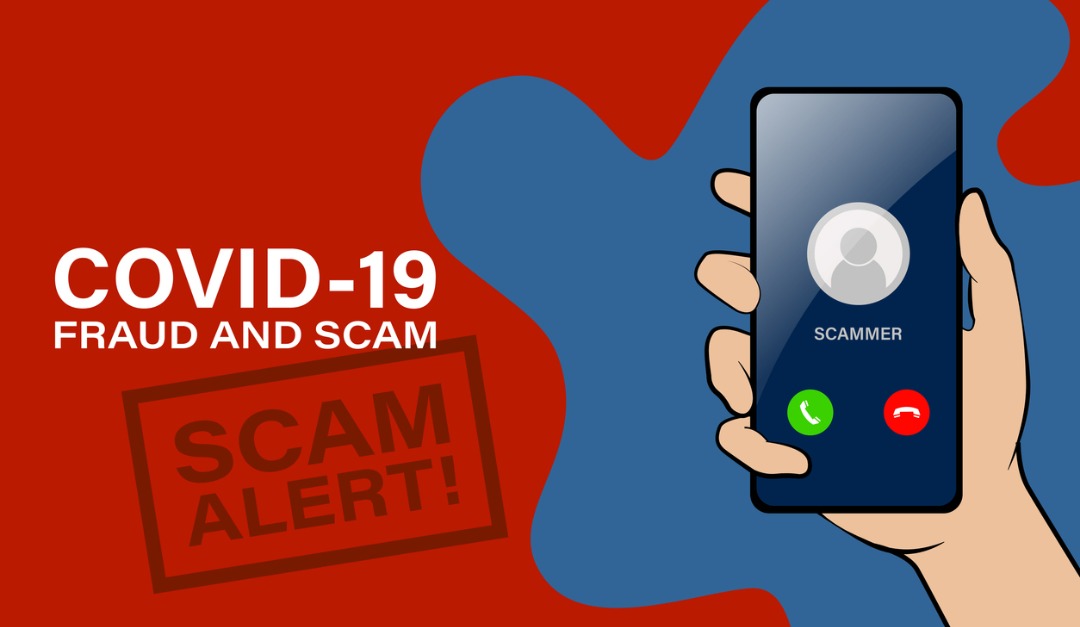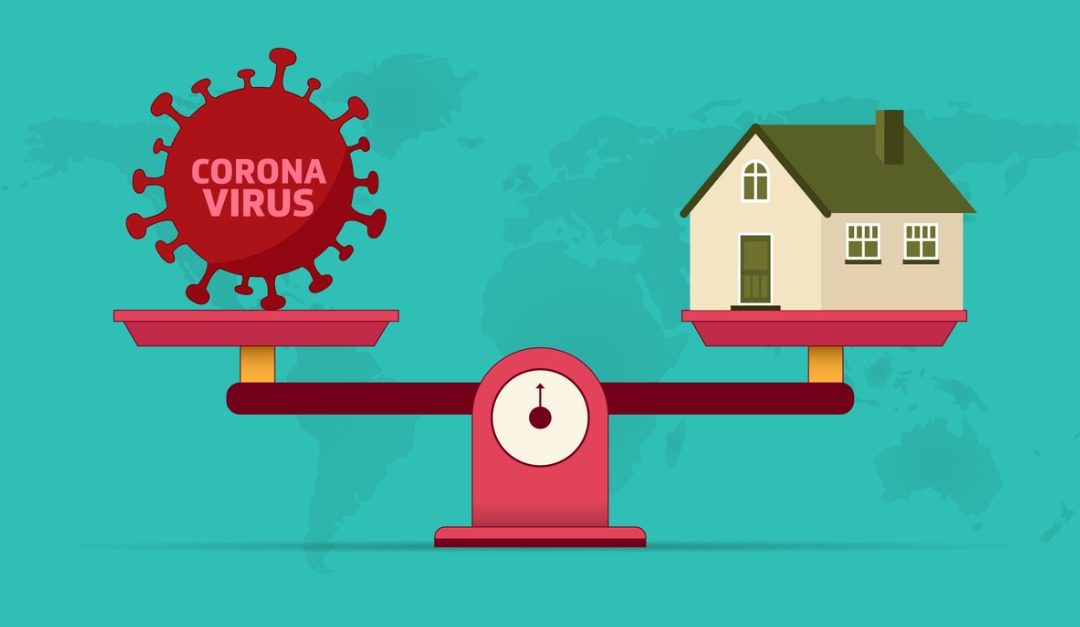Does it seem like your phone is ringing more often these days? By some estimates, Americans received 30 percent fewer unsolicited or robocalls in April than they did in March, and 40 percent fewer than in February – primarily because as the novel coronavirus swept across the globe, most call centers abroad were shuttered to comply with social distancing restrictions.
But now, as restrictions are more broadly lifted worldwide, those call centers are ramping up again, and so are the number of unwanted calls.
Worse, according to the Federal Trade Commission, with so many people working from home right now, and/or filing claims, awaiting checks or negotiating with financial institutions, we have become more attractive targets than ever for scammers, swindlers, and “phishers.”
Before you answer your next phone call from a stranger, beware of these common tactics used by scammers to steal your ID and/or money.
- Impersonation – A caller identifies himself as a representative of your bank, credit card company, even the FBI or police, and asks for your credit card number, your Social Security number or other identification in order to resolve an unauthorized charge or alleged crime. Your best response is to hang up, call the institution yourself and ask if they are trying to reach you.
- Intimidation: A caller tells you a family member needs bail money, an IRS audit requires immediate payment, or you are about to be arrested for non-payment. Hang up and stay calm. The IRS does not call for payment, you know you have done nothing to warrant arrest, and you can check on the family member named to reassure yourself nothing is amiss.
- Promised riches – A swindler says you won a sweepstakes but need to pay the entry fee, you are eligible for a no-risk investment, or you have been chosen to purchase something valuable at a huge discount. Phone pitches that ask for cash, credit card information or a small favor in return for riches are almost always scams.











